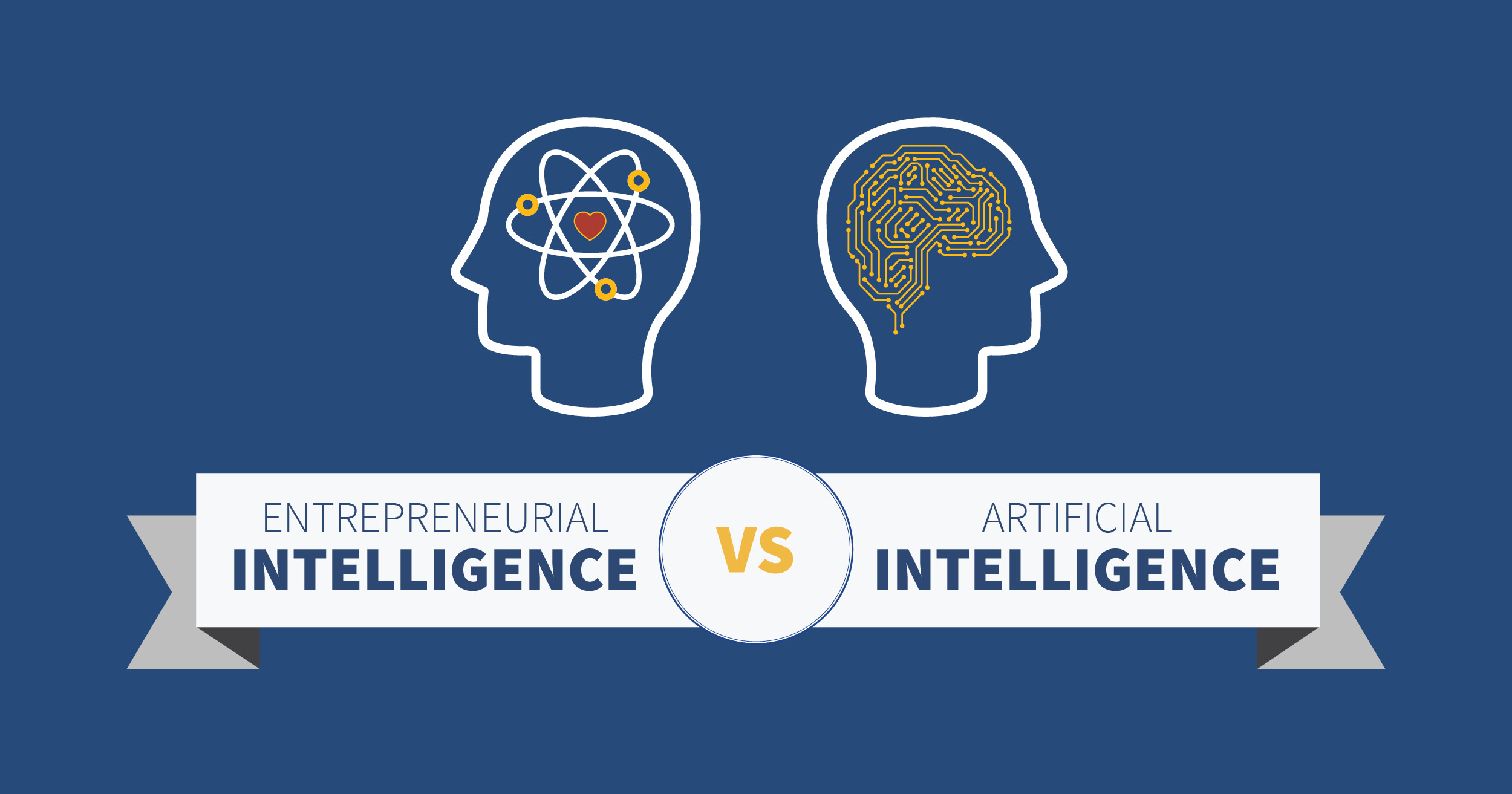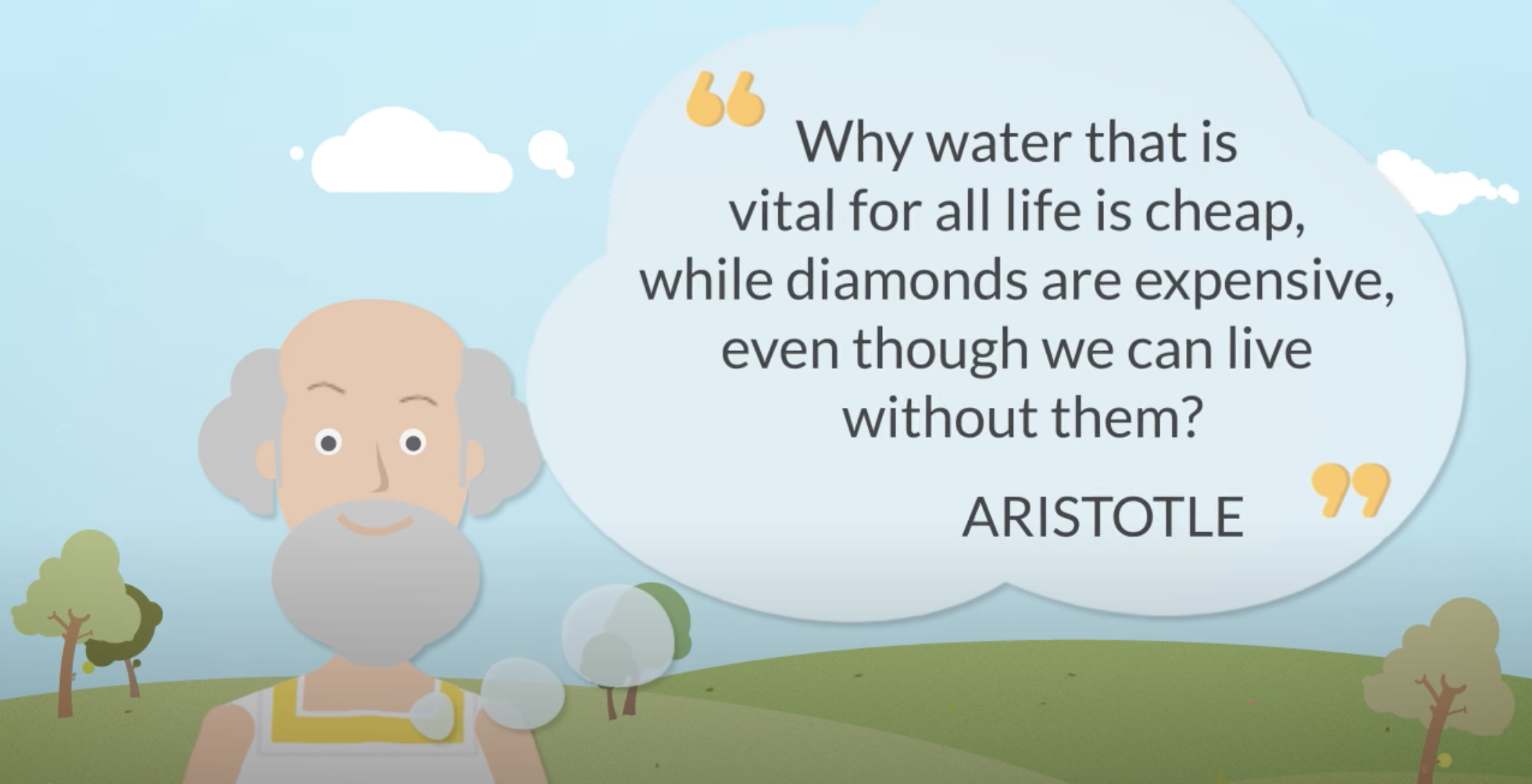eGPS: Imagination Phase
Opportunities do not exist in any objective sense. They are not “out there” for entrepreneurs to seize or to compete for. The role of the entrepreneur is to imagine a set of future conditions in which customers are more satisfied than today, and which the entrepreneur can organize for a profitable outcome. Imagination is the entrepreneur’s first resource.
Orientation
Actively apply the Imagination tool at the beginning of every new project, new product or service development initiative, or at the very beginning of your journey to start a new business (or a new brand or a new division). Use it to think through all the elements of the experience all stakeholders – customers, investors, partners, co-workers and employees, suppliers, community members, even regulators – will have when they first encouinter your new value proposition.
Exploring The Imagination Phase Frontiers
Here is where we tell a bit about what a frontier is.
Self-Assessment
Entrepreneur’s self-examination for guidance as to what role to play in value generation, both individually and collaboratively.
Dissatisfaction
Dissatisfaction is an unconscious contribution of the consumer or customer to the value generation system. It indicates a non-specific pointer towards the potential for new and more satisfying innovation. The entrepreneurial contribution is to recognize and interpret consumer dissatisfaction.
Imaginary Construct
The entrepreneur constructs an imaginary business model of consumers experiencing new value, willingness to pay, imputed revenue streams, and assembled resources to generate the valued experience. This is the first test of value potential.
Validation Research
The entrepreneur conducts some kind of external or 3rd party research as a first step in the validation process. The process might consist simply of “talking to people”. This is primarily diagnostic, to better understand the nature and cause of consumer dissatisfaction, and the preliminary outline of a preferred solution. A value proposition may be implied but it is not fully articulated.
Peer Evaluation
The entrepreneur considers the business cases of other entrepreneurs, either via direct contact / dialogue, or via secondary research.
Value Refinement
The entrepreneur utilizes the knowledge and learning accumulated to this point and critically examines the emerging value proposition and business model, with a view to a closer approximation to a conceptually viable firm construct.
Imagination Phase Q&A
Entrepreneurship – the intentional pursuit of new economic value – is a future-oriented activity. Entrepreneurs imagine a future in which customers experience greater satisfaction than they do today.
Entrepreneurs play the economic role of imagining this future, conceiving of it in their minds before they take action through design and assembly of resources.
Imagination is a super-tool of entrepreneurs. Like any other tool, it requires practice, method, and skill to use it to the greatest advantage.
Quite the opposite. It can be a source of advantage. Imagination is not wishful thinking. It is a disciplined cognitive act to structure and critically examine candidate business model components including a target customer, a value proposition, a blueprint for brand uniqueness, an assembly of resources, a revenue model, and a competitive environment.
All of these will be hardened in future steps. At the imagination stage, the entrepreneur seeks logical consistency and conceptual viability, and the robustness of the imaginary construct in the face of tough questions and challenges.
There is no hard and fast demarcation line between Imagination and Design other than the entrepreneur’s commitment. Once design begins, it’s a self-signal that the imaginary construct has met all appropriate tests, and the entrepreneur (or project manager) commits to a new phase of significant resource expenditure (including time, effort and reputation with partners, as well as cash flow).
Imagination is a creative skill, including the capability of uncritically generating or examining new ideas, with a bias towards positive evaluation, even while asking challenging questions. The ability to answer or address these questions, and to adapt ideas for better answers to them, is all part of the creative skill.
Creative imagination includes:
- Empathy, and the capability to view circumstances and conditions through the lens of another person’s mental model.
- An empathic understanding of others’ dissatisfaction.
- An understanding and appreciation of the concept of subjective value for others.
- Insights into the motivations of others.
- Agility with the counter-factual: imagining things / services / experiences that do not exist today.
- Logical analysis of cause and effect, critically applied to imaginative constructs.
- Capacity to look into the future for secondary and tertiary effects of changes, new combinations, and future decisions.
- A problem-solution mentality.
Value-Generating Business Tools
Downloadable tools designed to guide you in applying E4B core principles in the day-to-day operations of your business.
Featured Podcast Episodes
In-depth conversations with business school professors matched with real-world experience from entrepreneurs.
Featured Videos
Short clips and animated explanations to help break down complicated topics into understandable insights.
Blog Posts & Articles
Long-form news and commentary on current business events through the lens of Austrian economics.








